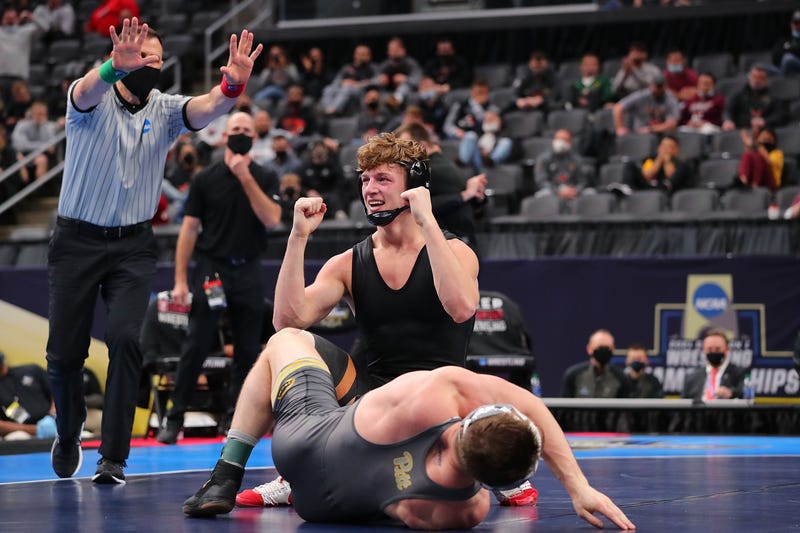
Stanford University has reversed their highly criticized decision to cut 11 varsity sports programs, the school announced Tuesday.
"We have new optimism based on new circumstances, including vigorous and broad-based philanthropic interest in Stanford Athletics on the part of our alumni, which have convinced us that raising the increased funds necessary to support all 36 of our varsity teams is an approach that can succeed," Stanford President Marc Tessier-Lavigne said in a statement.
Stanford, long considered one of the top athletic programs in the country and an Olympic pipeline, abruptly announced last June that they planned to eliminate 11 varsity programs at the conclusion of the 2020-21 school year due to financial ramifications from the COVID-19 pandemic.
The University said in a statement at the time that “the financial model supporting 36 varsity sports is not sustainable.”
Officials now say increased fundraising potential has provided a path to support the sports.
The decision would have cut more than a third of the school’s varsity programs and nine Olympic sports: men’s and women’s fencing, field hockey, lightweight rowing, men’s rowing, co-ed and women’s sailing, squash, synchronized swimming, men’s volleyball and wrestling.
Last summer’s announcement was immediately met by an avalanche of backlash by both athletes from the targeted sports and the larger Stanford community. Some athletes refused to wear the Stanford name while competing while many high-profile athletics alumni organized a group called 36 Sports Strong in an effort to save the sports.
"My heart is full of joy for the students who are getting their teams back. How they performed on and off the field represents the very best of Stanford," Jennifer Azzi, Stanford women's basketball legend and 36 Sports Strong representative, said. "They deserve a lot of credit. And, as an Olympian myself, I hope Stanford's action will inspire other NCAA schools in their continued support of their Olympic sports programs. I'm eager to see many Cardinal compete this summer, in Paris in 2024, and especially when we host the Olympic Games in Los Angeles in 2028."
Last week, athletes on the targeted teams filed two lawsuits accusing the university of both misleading them and sex discrimination. University officials noted Tuesday’s decision was independent of the accusations and they were “disappointed by these suits.”
